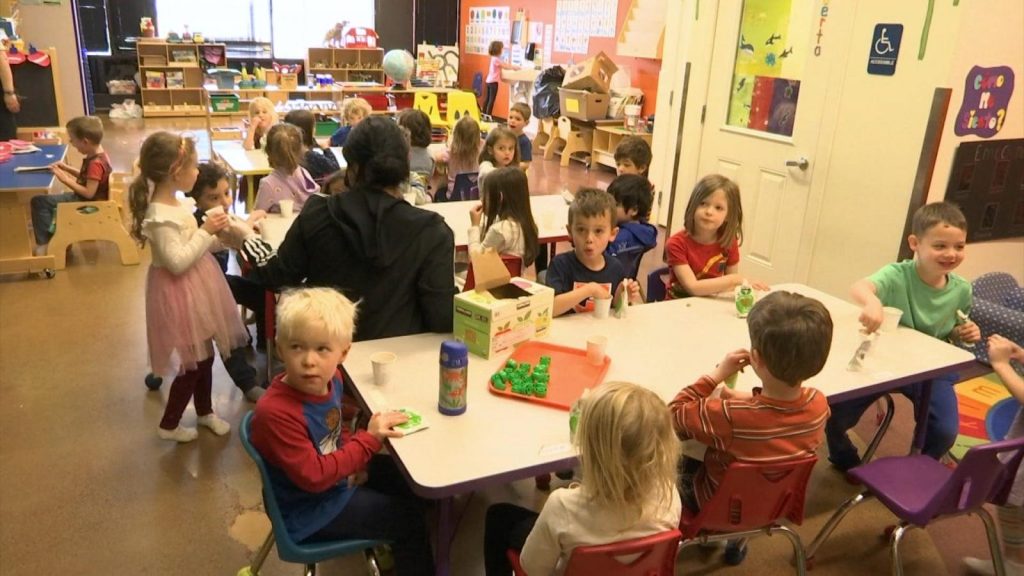Hennepin County Businesses Aim to Recycle 75% of Solid Waste by 2030
Hennepin County Board Adopts Climate Action Plan
The Hennepin County Board of Commissioners voted Tuesday to adopt the county’s first Climate Action Plan. The board’s goal is to achieve net zero greenhouse emissions by 2050.
The plan includes:
- Achieving carbon-free electricity in county operations by 2035
- Advocating for build-out of planned transit routes and developing new routes
- Capturing carbon by working with private and public landowners to plant trees, restore natural areas and improve soil health.
Another aspect of the plan is reducing solid waste in landfills. One way the county aims to do that is by increasing organics recycling.
“The investments the county makes in responding to climate change also present the opportunity to reduce disparities in employment and grow the economy,” said Hennepin County Board Chair Marion Greene in a statement to CCX News.
Maple Grove Daycare Works to Reduce Food Waste
At Casa de Corazón daycare in Maple Grove, the business has worked to reduce food waste for years. Kelly Peterson, franchise development and support specialist at Casa de Corazón, said the child care facility recycles milk jugs and cardboard daily.
“Our founder and CEO, Natalie (Standridge), she was using cloth diapers. They had compost in their back yard where Natalie started her home daycare. It’s been a part of us for a really long time,” explained Peterson.
Through the years, the business has come up with creative ways to reduce waste. That includes using reusable storage bags to heat baby purees. With the help of a Hennepin County grant, Casa de Corazón has also been able to compost foods.
“Everyday at one center, I would say we’re at least composting 2-3 gallons of food,” said Peterson.
In 2014, the Minnesota legislature raised the 50 percent recycling goal to 75 percent for counties in the Twin Cities metropolitan area. The goal is to have all businesses and organizations recycle 75 percent of solid waste by 2030.

Inside Casa de Corazón daycare in Maple Grove
Hennepin County Focuses on Organics Recycling
Through the years, Hennepin County has launched different programs for residents and businesses to help reduce waste. Ben Knudson, a recycling specialist with Hennepin County, said to reach the 75% goal by 2030, county residents and businesses need to do more with organics recycling.
“There may be food scraps from the kitchen area, the food prep area. Instead of those going to the landfill and generating methane, they can divert that again to send it to food for hogs or send it to a compost site,” said Knudson.
Food waste reduction efforts have also sparked community partnerships.
“Organizations like Second Harvest Heartland will work to recover food to make meals for people in need. So, that’s an even better way to manage organics,” said Knudson.
Items that households and businesses can compost include coffee grounds, egg shells, paper towels and any food.
While it does cost extra money to recycle and compost, Knudson said the goal is to offset it by reducing what you have for trash.
CCX News Executive Producer Corey Bork contributed to this report.


